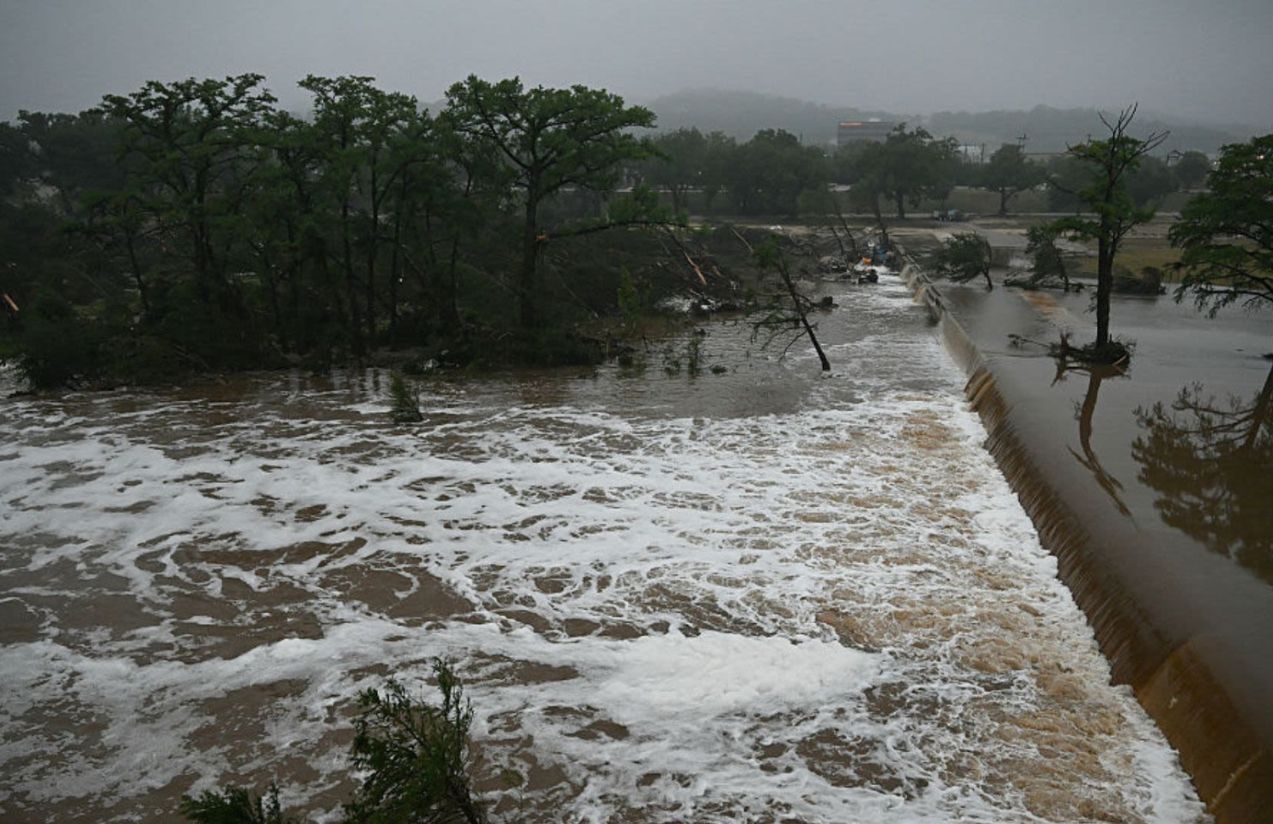The intense rains that fell over central Texas, United States, during the weekend of July 4 and 5 have left a devastating toll: at least 82 people have died, including 28 children. The epicenter of the tragedy is located in Kerr County, where the Guadalupe River overflowed after receiving between 12 and 15 inches (30–38 cm) of rain in just a few hours. At the historic Camp Mystic, a Christian summer camp for girls, 10 minors and one counselor remain missing, and the death toll could continue to rise.
Dozens of communities, including Kerrville, Big Country, and Concho Valley, remain under flood warnings, and Governor Greg Abbott has warned of additional rainfall in the next 24 to 48 hours that could worsen the situation. More than 850 people have been rescued, many from rooftops and trees, thanks to helicopters, boats, and ground rescue teams.
Why weren’t alerts issued in time to prevent this tragedy?
Many voices have questioned the effectiveness of the United States’ early warning systems. According to the National Weather Service and the Red Cross, flash flood warnings were issued early Friday morning, but some experts believe they were neither timely nor forceful enough in their communication. This situation has reignited debates around federal investment in NOAA and the need for technological improvements to issue faster, more precise alerts ahead of extreme weather events.
Meanwhile, President Trump has signed a federal emergency declaration and deployed FEMA to Texas, pledging to visit the affected area this Friday. However, analysts warn that previous cuts to NOAA may have reduced the country’s ability to forecast and alert for heavy rains. Search efforts remain ongoing, with aerial, ground, and canine teams working around the clock as concerns mount over new surges.
The region now faces a critical phase. Communities require not only immediate rescue but also psychological support, infrastructure rebuilding, and a thorough review of emergency management and meteorological systems to prevent future disasters.

